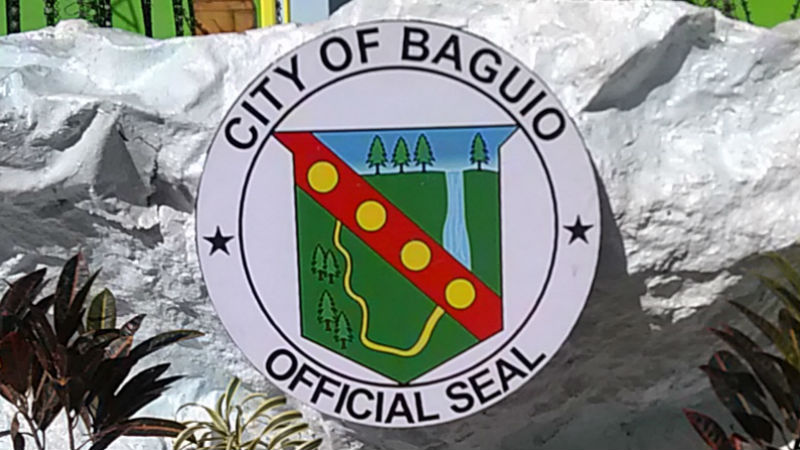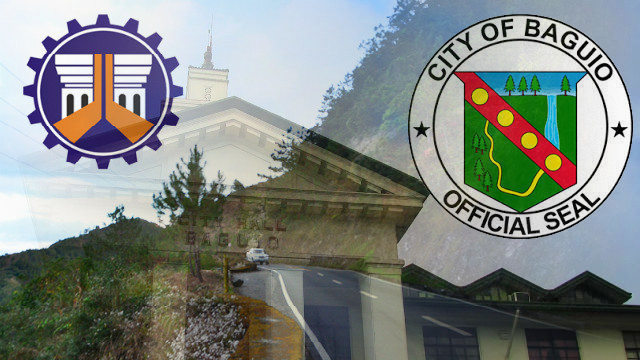Baguio City continues to beef up its Coronavirus Disease (COVID-19) testing capacity which has been pegged at 16.6 percent as of Nov. 4.
This was computed based on the total number of Reverse Transcription-Polymerase Chain Reaction (RT-PCR) tests done at 61,692 as against the city’s population of 370,108.
If the 6,000 antigen tests conducted will be counted, the capacity rate can go higher at 18 percent.
Mayor Benjamin Magalong said the city’s testing rate may be the highest in the country at present.
He said the city will continue to find ways to sustain its expanded testing activities which along with contact tracing is one of its flagship programs to counter COVID-19.
“The more tests we do, the more infections we find and the sooner we find these carriers, the more we are able to administer control measures like contact tracing, more testing, isolation and quarantine to prevent more transmissions and medical interventions to treat the patients and prevent deaths,” the mayor said.
As of Oct. 28, expanded testing accounts for the 16.9 percent of those found positive while contact tracing had the bulk at 67.5 percent.
The mayor thanked agencies for supporting the city’s testing programs which he said enable the city to know the ground situation and fine tune its control systems.
He said that in the testing programs recently conducted in the city sponsored by the National Task Force on COVID-19, the Bases Conversion and Development Authority (BCDA) and the ACT-CIS Party list, the city targeted high risk sectors like government workers, market vendors, drivers, food delivery workers, gasoline boys, bank employees, garbage collectors, construction workers, security guards and others.
Of the 2,630 tested during the three-day activity, 61 were positive for a 2.3 percent positivity rate.
“We are not testing blindly. We are targeting the high-risk sectors to look for those who are infected,” he said.
Aileen P. Refuerzo











